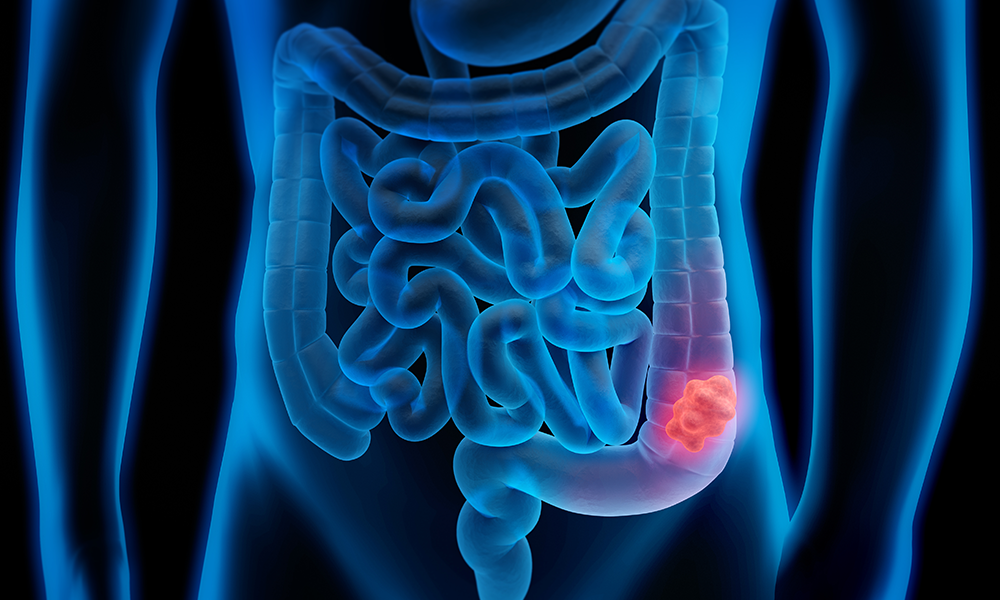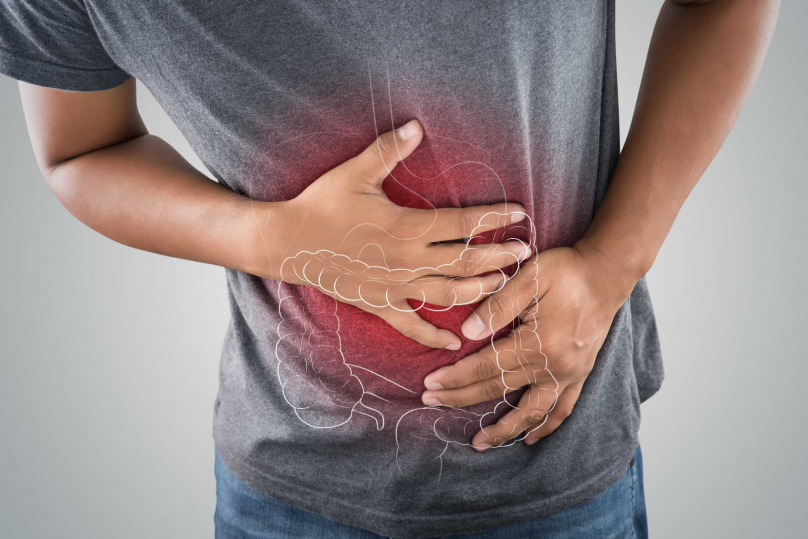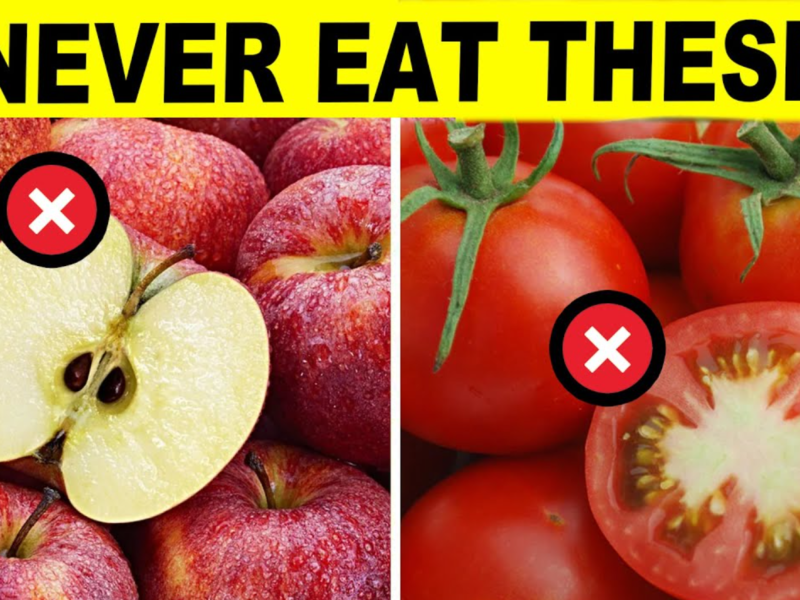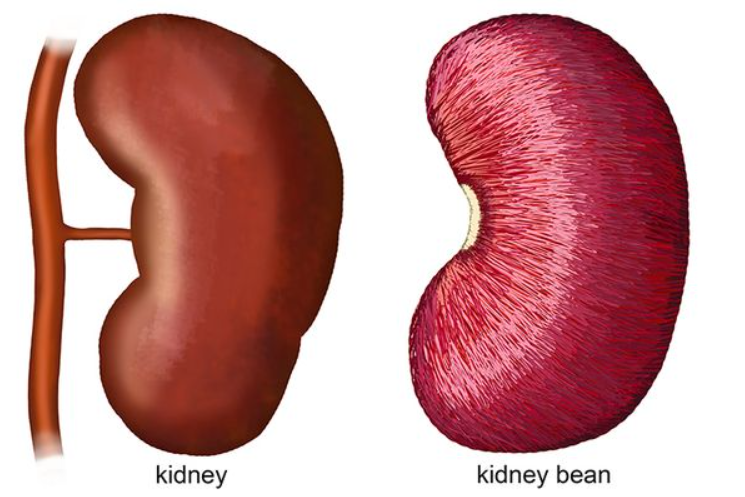Colon cancer, also known as colorectal cancer, accounts for the majority of new occurrences each year, and only 20 to 30 percent of people benefit from a preventive program for early diagnosis of this cancerous condition.
Although those over 50 are most at risk, research indicates that rates of colon cancer are rising among younger people as well, possibly as a result of some avoidable risk factors.
Understanding what healthy changes you may make to lower your risk is crucial for this reason.
“The most effective and significant strategy to lower the risk of colorectal cancer is through preventive screening. However, there are ways to alter your lifestyle to lower your risk of colon cancer and polyps “According to Angie Davis, president of Fight Colorectal Cancer, an American group focused on the rights of people with colorectal cancer, Insider.
According to the most recent research, consuming more fiber-rich plant-based meals, cutting back on alcohol, eating less red meat, and continuing regular physical exercise can all help avoid colon cancer, however other risk factors, like genetics, may be beyond your control.
Sedentary lifestyle
Numerous cancers, including colon cancer, have been linked to excessive sitting, according to study. On the other hand, exercise seems to have a preventive impact and lower the risk of colon cancer.
Find out more about: What Is Visceral Fat And When Is It Dangerous For Health?
At this time, experts advise getting several hours of exercise every week, whether it be through walking, playing sports, lifting weights, or other activities that raise your heart rate.
Lack of fiber, fruits and vegetables in the diet
The likelihood that you may get colon cancer is significantly influenced by the foods you consume. You can obtain enough fiber by eating a lot of fruits, vegetables, and whole grains. Fiber has been identified as a key component in the prevention of chronic diseases including cancer.
“Fiber is important because it maintains good digestive function and reduces inflammation,” Davis explained.
Eating right can also help you have a better chance of beating cancer if you do get it, Davis added.
Regardless of your diet, good cancer prevention goals are to have plant foods make up about 2/3 of your plate, Davis advises. A colorful mix of fruits, vegetables, grains, nuts and seeds can help you get a variety of nutrients.
Eating lots of red meat and saturated fat
Animal items, such as red and processed meat, may raise your risk of getting this cancer, according to the data.
Poorer health outcomes for a number of disorders, such as heart disease and colon cancer, have been associated with processed beef.
According to some research, red meat might be beneficial when consumed in moderation but in excess can be hazardous.
Even though you may not have to completely give up meat, experts advise doing so in order to lose weight. They also advise avoiding things like canned meat, bacon, and sausage.
Additionally, watch how you cook your meat because research suggests that high temperatures may lead to an increase in the presence of cancer-causing substances.
Heavy drinking
There is compelling evidence that moderate alcohol consumption can help reduce the risk of colon cancer, Davis said.
However, the American Cancer Society warns that alcohol is a known carcinogen, a substance that can increase the risk of several types of cancer.
Science does not have a single answer about what amount of alcohol is safe, nor is there any amount of alcohol that is harmless.
Smoking is a major preventable risk of cancer
It is well known that smoking can cause cancer, but not only are your lungs at risk, but you also significantly increase your risk of colon cancer.
One of the best things you can do is to avoid smoking altogether.
High BMI
Body mass index (BMI), or the ratio of height to weight, is another sign that a person has a higher-than-average risk of developing colon cancer, according to Davis.
A BMI exceeding 25 (which is regarded as “overweight”) or 30 has been related with an increased risk of colon cancer, according to several studies (which is in the “obese” range).
In particular, when paired with other lifestyle modifications including diet, exercise, quitting smoking, and alcohol intake, research suggests that weight control may help lower the risk of colon cancer.
Genetics
Not all colon cancer risk factors, however, are controllable. People with a family history of colon cancer or colon polyps are frequently at a higher risk of developing the disease (growths in the digestive system).
It’s vital to be aware of the dangers and have regular screenings because, despite living a healthy lifestyle, you can still develop colon cancer owing to genetics and other factors.





